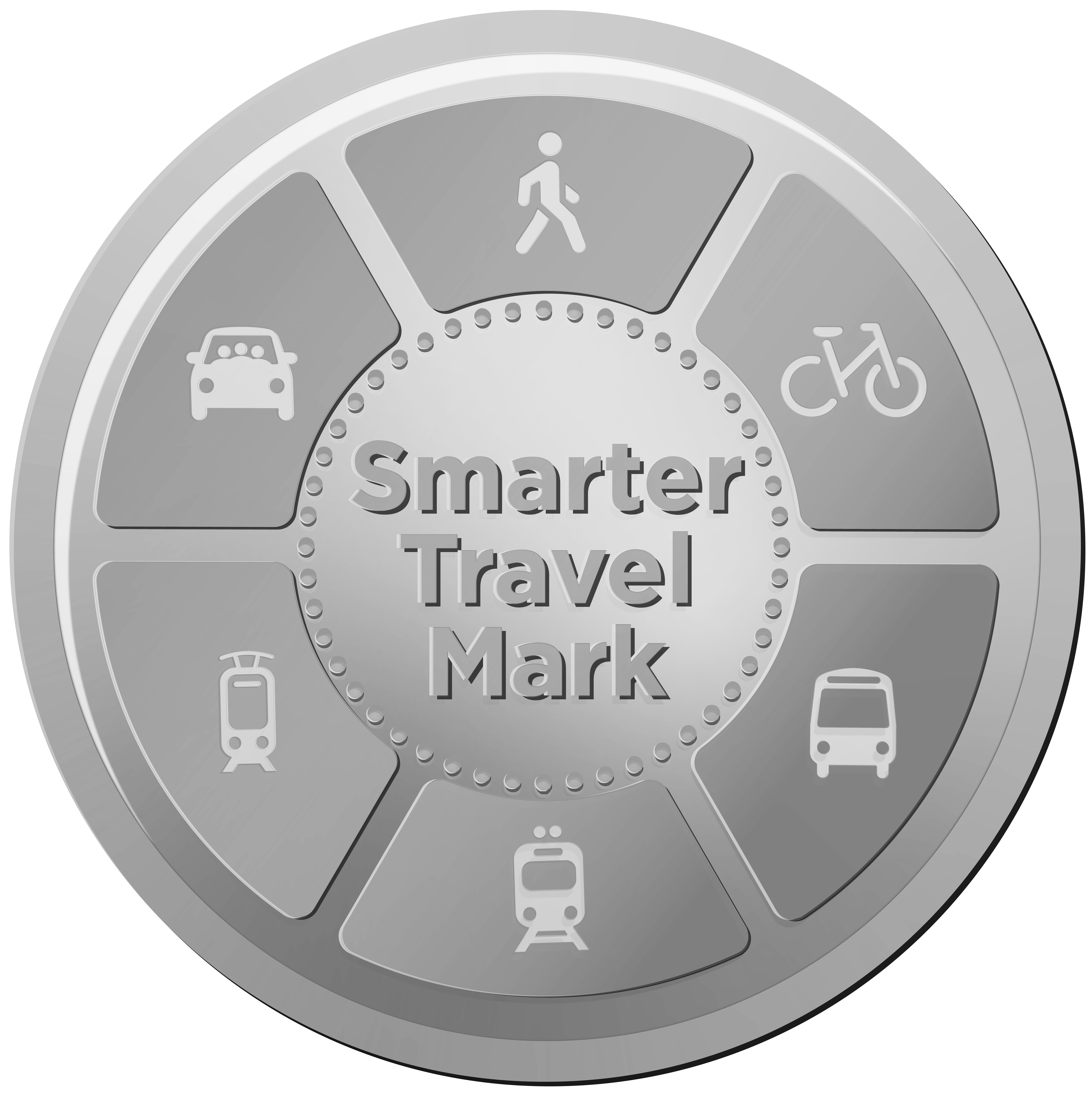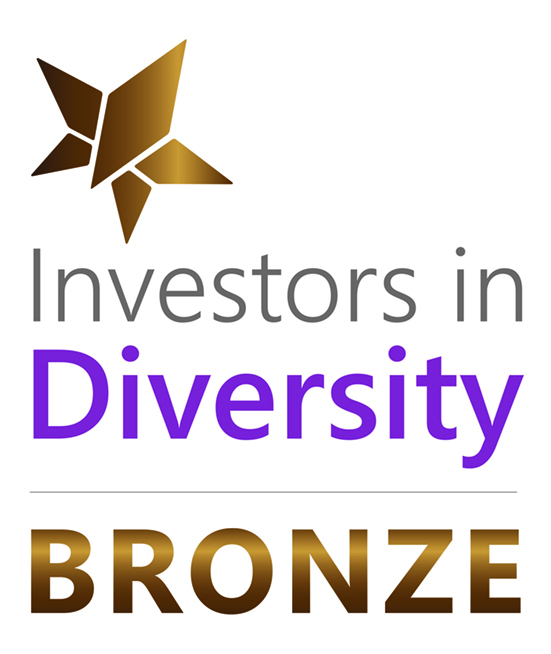EQF Peer Learning Activity on Non-Formal Qualifications
Team Poland hosted a European Qualifications Framework (EQF) Peer Learning Activity focused on the inclusion of qualifications from outside formal education and training in NQFs referenced to EQF in Warsaw on 8-9 April.
The PLA was opened by Koen Nomden from the European Commission exploring the reasons for including non-formal qualifications in NQFs with a focus on labour market and educational perspectives. This was followed by a presentation from Zelda Azzarà from Cedefop showcasing the findings from the NQF survey conducted in 2024.
The next session introduced 5 case study presentations.
-
Anna Kahlson and Carina Linden from Sweden presented the procedures for inclusion of non-formal qualifications in the SeQF.
-
Frederike Jansen from Netherlands presented to the procedures for inclusion of non-formal qualifications in the NLQF.
-
Kulli All presented the Estonian case focusing on professional awards and micro-credentials
-
Michela Bastianelli from Italy told us about the new Italian Decree for the identification, validation and certification of competencies related to non-formal qualifications
-
Team Poland including Maciej Tauber and Konrad Romaniuk presented about the approach in Poland with a focus on the role of sectoral qualifications and micro-credentials. The synergies with Europass Europe and Euroguidance Network from the Europass & Euroguidance Polska perspective was also included.
Participants were then taken on a site visit to a local Centre for Vocational Excellence where there was an opportunity to tour the facility, meet staff and students and learn about the regional approach to skills matching and training within non-formal education.
Naomi Oldenburg and Órla Barry led a workshop about supporting the recognition and development of flexible learning pathways for learners. We presented the Quality and Qualifications Ireland (QQI) multimodal approach to increasing visibility and transparency of pathways with a focus on the new Listed Awarding Body scheme, the green paper on access, transfer and progression and the re-development of the Irish Register of Qualifications. We explored the approaches used in other countries and trialed the use of design thinking tools to reflect the learner perspective and understand the learner challenges in navigating pathways.
The PLA concluded with a panel discussion to explore the themes identified throughout the two days.


